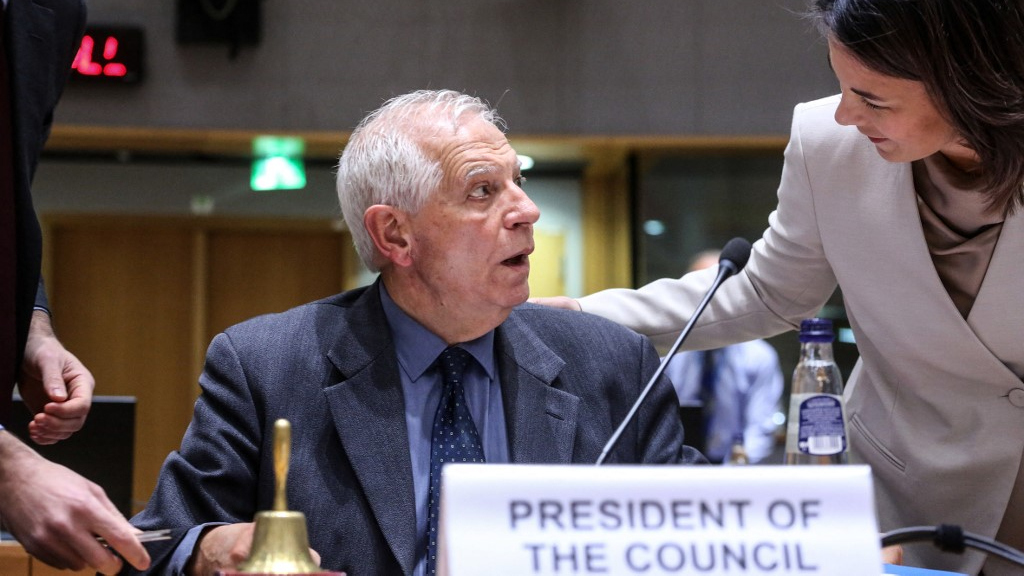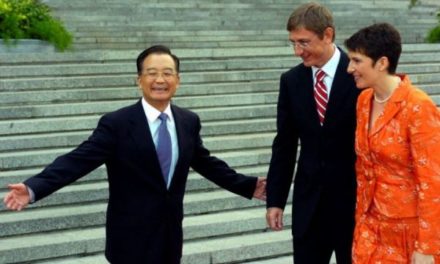The EU would abolish the right of veto of smaller countries, especially in the area of the union's common foreign and security policy. The reform would benefit the large member states, while ignoring the opinions of the smaller ones, but according to the Austrian chancellor, "the diversity of European countries is not a burden."
Led by Germany, the reform of the approach to foreign policy and defense decision-making gained new momentum after years of infighting on the issue, Euractiv wrote.
According to the portal, the reform is supported by a group of nine countries, whose members are: Belgium, Finland, France, Germany, Italy, Luxembourg, the Netherlands, Slovenia and Spain. The mentioned member states published a call for a review of decision-making on the EU's common foreign and security policy (CFSP).Their goal is to “improve the efficiency and speed of our foreign policy decision-making in light of Russia's aggressive war against Ukraine and the growing international challenges facing the EU. The EU's foreign policy needs adjusted processes and procedures in order to strengthen the EU as a foreign policy actor, and better decision-making is also key to making the EU fit for the future," they said in their joint statement.
The group advocates qualified majority voting instead of unanimous decision on key foreign policy and defense issues.
According to this, 15 of the 27 member states would have to agree - provided that they represent more than 65 percent of the EU's 450 million population. The system would benefit France and Germany, the two most populous countries in the EU.
While EU member states and institutions generally agree that the bloc too often acts too slowly, especially in crisis situations, previous attempts to change the voting method have failed because
smaller countries – especially Central European states – fear that their political concerns will be ignored.
The EU would abolish the right of veto of smaller countries, especially in the area of the union's common foreign and security policyAustrian Chancellor Karl Nehammer spoke out against the proposal, stressing that finding a consensus within the EU could be "exhausting" but that it was "the added value of democracy and diversity".
"The diversity of European countries is not a burden," Nehammer said in a speech in the Austrian parliament on Thursday.
However, there are still many obstacles before the reform, as a simple majority of 14 of the 27 member states is required to start negotiations on the amendment of the treaty, but for any legally binding agreement, all 27 EU member states would have to ratify the issue. Another obstacle is that some EU member states would probably hold a referendum on the issue – a move that led to the rejection of the constitutional treaty in 2005.
The group of supporters of the reform stated that their goal is coordination with EU institutions and close cooperation with all member states, and they are inviting other countries to join their reform efforts.
Source: Mandarin
Featured image: Valeria Mongelli / Hans Lucas / Hans Lucas via AFP












